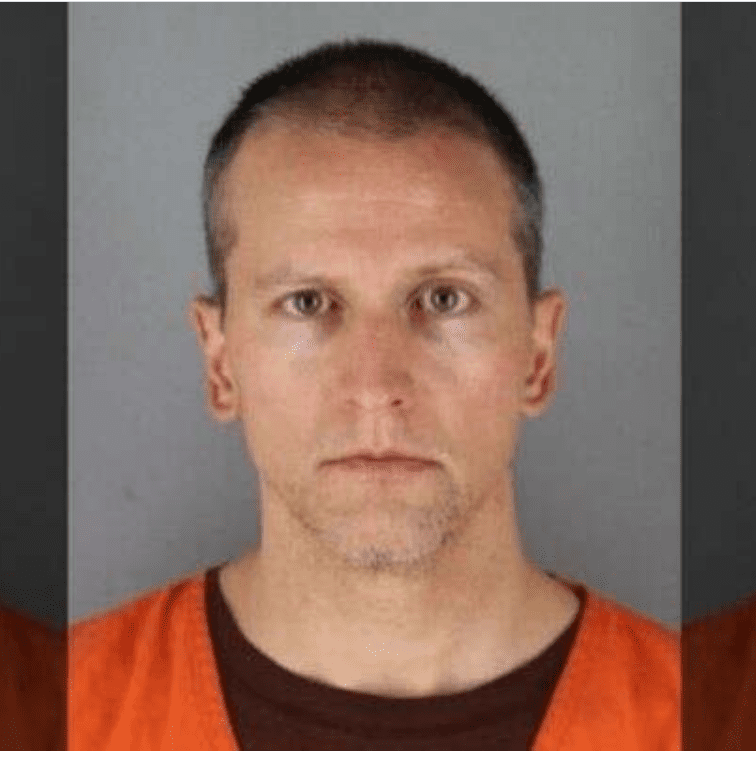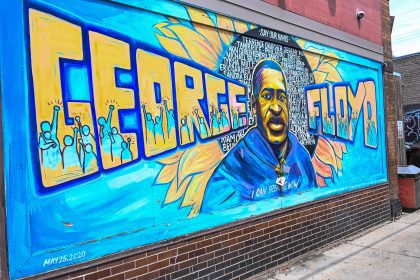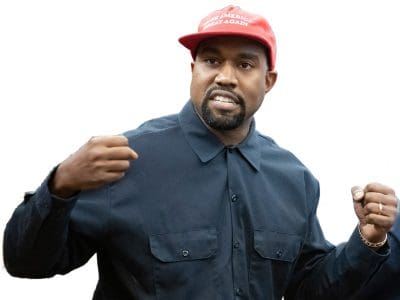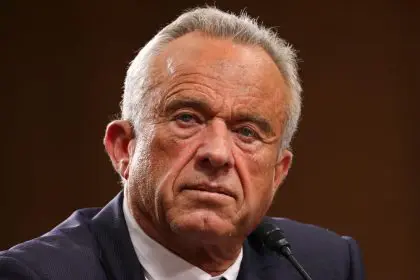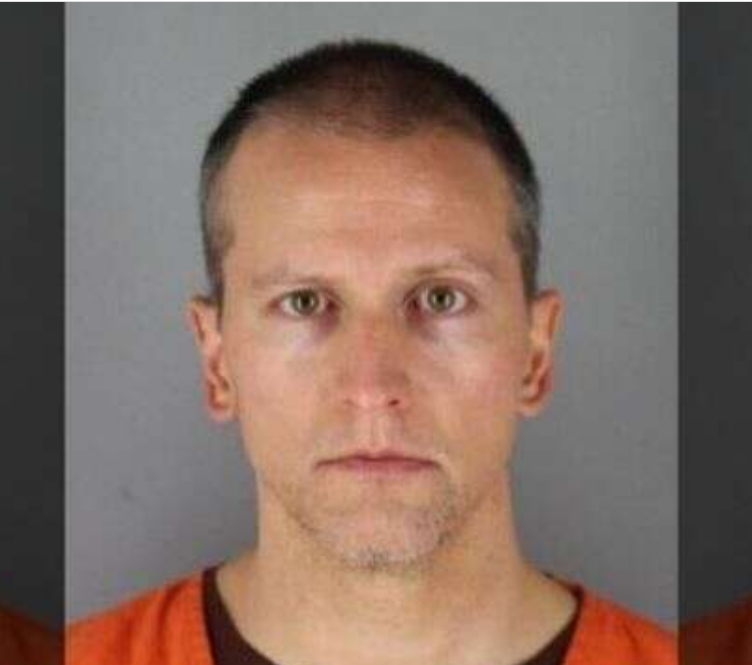
Minnesota’s first African American attorney general, Keith Ellison, surprisingly admitted that while he was glad Derek Chauvin was found guilty of murdering George Floyd, he felt “a little bad” for the ex-cop.
Ellison, who was the lead prosecutor in Chauvin’s murder trial, said a surge of emotions raced through him after the ex-Minneapolis police officer was found guilty on all three charges: second-degree murder, third-degree murder and second-degree manslaughter.
“60 Minutes” host Scott Pelley asked Ellison what the first thing was that came to mind when he heard the word “guilty.”
“Gratitude. Humility. Followed by a certain sense of, I’ll say, satisfaction,” Ellison said. “It’s what we were aiming for the whole time. I spent 16 years as a criminal defense lawyer. So, I will admit, I felt a little bad for the defendant. I think he deserved to be convicted. But he’s a human being.”
The interviewer conveyed surprise that Ellison would have any compassion for Chauvin.
“I’m not in any way wavering from my responsibility,” Ellison responded. “But I hope we never forget that people who are defendants in our criminal justice system, that they’re human beings. They’re people. I mean, George Floyd was a human being. And so I’m not going to ever forget that everybody in this process is a person.”
Ellison also told the interviewer that he did not believe what Chauvin did constitutes a hate crime but was a case of criminality perpetrated by societal norms and a lack of accountability.
“I wouldn’t call it that because hate crimes are crimes where there’s an explicit motive of bias. We don’t have any evidence that Derek Chauvin factored in George Floyd’s race as he did what he did.”
Ellison does believe that Chauvin thought he was going to get away with the crime. And, in fact, the initial police report handed in gave no indication that Floyd was subjected to such heinous treatment by Chauvin which led to his brutal death.
“I think that if he looks at history, he has every reason to believe that he would never be held accountable. So history was on his side,” Ellison said.
Chauvin will learn how much of the maximum 40 years he will have to serve in prison at his sentencing hearing on June 16.
Flip the page to view Ellison’s “60 Minutes” interview in full.

